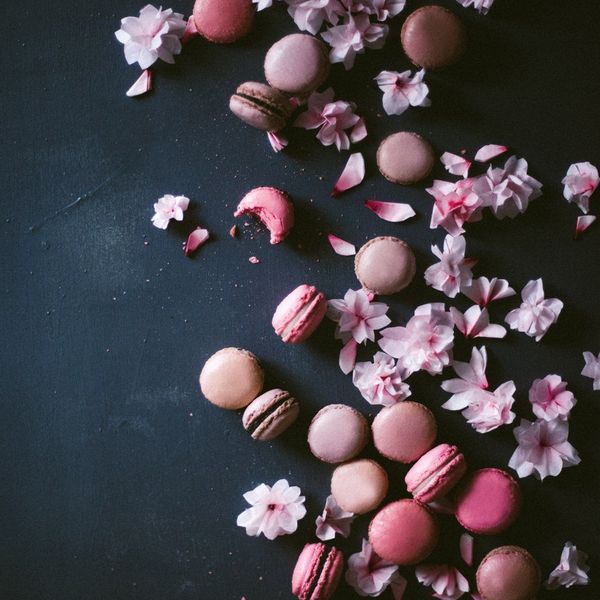An onion is a like a story, grown deep in the ground, layer after layer, you uncover new truths.
I hold the complex plant in my hands, turning it slowly. The papery skin cracks beneath my fingertips.
Tearing the edges, I remove the first layer. Already the pungent small asserts itself.
The onion rolls in my hand.
I observe it.
Its golden texture is tinged with a rustic red. Veins stretch across the skin like rivers, green blood vessels traversing vast plains. At the base of the onion, near what I would call the knot, there is an ugly fungus burrowed into the under layers of the vegetable, turning it blue and grey and fuzzy, eating into the flesh, revealing the insides.
"Why did I wait so long?" I ask myself.
Maybe I was afraid of the pain.
My nails, long and untrimmed, cut tepidly into the first layer, like a knife. The skin comes off easily, like silk gliding on glass. It is thin, and fragile.
The second layer is harder to remove, thicker.
Pausing, I hold the skin in my hands, crushing it, inhaling the putrid scent.
I feel it in my eyes, just barely.
The force I use to separate the layers becomes more violent. All at once the tears come, streaming down my face, reacting to the natural acids of the onion, filling in the air with acidic perfume.
The wound where the mold had eaten into the core is still present, this many layers in. I hadn’t realized how deep the wound had been before.
How long had I let it fester? Months, years?
Maybe my whole life.
The skin only comes off in short, violent bursts now. No longer peeling with ease.
The surface has become slimy, no longer dry and clean. A film of onion juice covers the skin. It is harder to hold onto the vegtable now.
Finally, I peel back a layer and find skin untouched by the wound. Nothing remains but a faint hint of a scar.
But I do not stop.
I thrust my nails into the flesh of the onion, opening a fresh wound.
This next layer is even more pristine, not even a scar remains. Yet there are other signs of the violence I had inflcted unto this object.
The thick film of juice that layered the skin, the strong odor in the air, the red, tear soaked features of my face, and the remains of previous layers, scattered on the table before me, like parts of bodies.
All at once I am gripped by a drive. A drive to see the center of this now unblemished fruit.
My nails sink once more into the flesh, and layer by layer, I claw my way to the center.
The smell is intolerable, and my eyes burn like fire, but I must see the center, I must know.
Know what?
Finally, layer by layer, I have found what I was looking for.
The center. A tiny bulb? A dot? What do I even call it? It is barely the size of a thumb tack.
I look at my prize, a worthless knub of onion. Then I look at what it took to get there. The mangled bundle, the pile of discarded skin that stood between me and my prize.
I should have stopped.
I should have stopped as soon as the wound was gone.
The onion-I could have planted it again. It would have grown. It needn’t not have become this worthless pile, become the useless mess it was now.
But I wanted, I had to know.
And to get what I wanted, I had to destroy.
And for what? This tiny nub?
I look once more at the pile of discarded skin and layers, a sense of regret and shame overwhelms me. Pain, a pain that had been dull throbs from my chest.
If only I could stop picking, peeling back, curiously, stop where the wound disappeared.
I would not have become nothing.
With a heavy sigh, I gather up the limp, discarded pieces, placing them in a bag. Perhaps I can use them later.
For what can we learn from an onion?





















